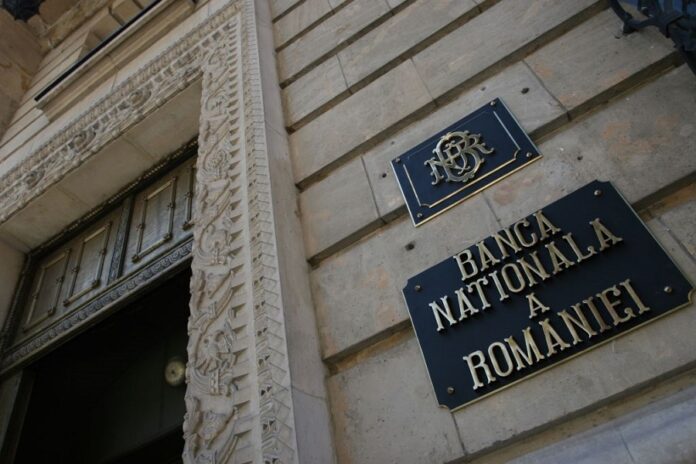Romania’s central bank bought bonds on the secondary market from commercial lenders on Monday and Tuesday, triggering a rally in the country’s government debt and prompting the cabinet to sell more debt than planned at domestic auctions, according to Bloomberg.
The bank purchased about 150m lei ($36 million) of local-currency government bonds in an attempt to rein in a spike in yields since mid-February, according to information that was revealed by four individuals who asked for their identities to remain anonymous as were not authorized to speak about it.
Romanian bonds outperformed other local-currency debt from central and east Europe this week, with the yield on the country’s 2031 leu-denominated note, the most liquid Romanian bond, falling 38 basis points since Friday.
The central bank’s presence on the market helped reduce financing costs across the Romanian yield curve, allowing the Finance Ministry to borrow a total of 834 million lei via 11-month bills and bonds due 2024 at auctions on Thursday. That is more than the 800 million lei offered for sale.
The ministry had rejected all bids at an auction of bonds maturing in 2026 on Monday, citing “unacceptable price offers.”
The European Central Bank propped up bond markets by pledging to accelerate purchases under its emergency stimulus plan. Neighbouring country Hungary also sold more debt than planned at an auction, helped by the Budapest-based central bank’s pledge to expand its quantitative-easing plan earlier this week.


